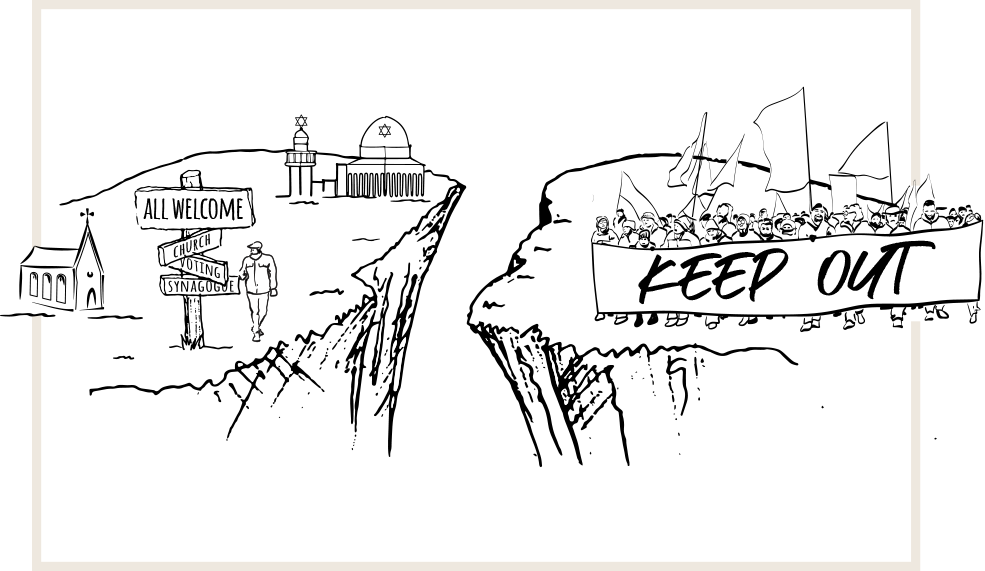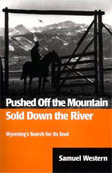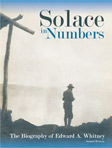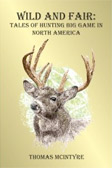North Dakota, South Dakota, Montana, Wyoming, and Idaho wrote, or rewrote, their state constitutions in August 1889.
These documents were remarkably inclusive and progressive: state ownership of water, suffrage from women, curbing the power of the railroads, and eight-hour day for workers.
Over the years, these states welcomed the odd duck and unconventional: Hutterites, Mormons, Mennonites, syncretic New Age communes, doomsday cults, Jewish colonies, and militias. These people did not drift into plains and mountains by accident. They came because of the region’s live-and-let-live attitude.

Now, these states are among the most exclusive states in the union. Their current political narrative doesn’t match those envisioned by their founders. It doesn’t promote the values of independence, individualism, or liberty found in these collective constitutions.
How did this happen?
Non-Fiction books, articles & essays
Samuel Western writes about big-picture economic and demographic trends, the “deeper, slower movement,” as Arnold Toynbee would say. Samuel is also interested in the idea of community and economic history, particularly in the northern Rocky Mountains.

PUSHED OFF THE MOUNTAIN SOLD DOWN THE RIVER
Written on a four-month deadline (lots of 12 hours days involved), Pushed Off the Mountain, Sold Down the River, is one of the best-selling books in Wyoming literary history. Now in its eighth printing, the book documents Wyoming unique and sometimes fabricated history. Along with TA Larson’s History of Wyoming, Pushed Off the Mountain is considered cornerstone work in understanding how and why Wyoming works like it does.

SOLACE IN NUMBERS
“On the nineteenth of November, 1917, Berton B. Reed booked passage on the Chicago, Burlington, and Quincy Railroad from Sheridan, Wyoming to Spokane, Washington. The ticket cost $44.08 including $3.53 for a tax covering the war raging in Europe.
The fare did not just cover his personal fare, but included the cost of shipping Mr. Reed’s charge, the body of Edward Augustus Whitney, to a crematorium in Spokane. Whitney had died two days previously in his room above the bank he started in Sheridan.
Reed, a mortician, had seen to Whitney’s embalming, dressing him in a $20.00 funeral suit, preparing him for the journey. Whitney probably did not weigh in excess of 100 pounds. Years of anemia, voluntary malnutrition, and latent pulmonary tuberculosis had worn down Whitney from the 143 pounds he weighed at the peak of his health.”
So begins the story of Wyoming’s eccentric, peripatetic, and successful banker, Edward Whitney.

WILD & FAIR
“Thomas McIntyre has brought together some of the finest outdoor writers to create this anthology of hunting big game in North America. These original stories cover all North American big-game-from moose and bear in Alaska to sheep and mule deer in the Lower 48; it even contains a hunt for muskox. The writers include Stephen Bodio, author of Eagle Dreams; David Petzal of Field & Stream; Craig Boddington, one of the most famous outdoor writers today; Philip Caputo of the Chicago Tribune (1973 Pulitzer Prize winner) and many more.This book will give you a profound sense of why hunting is such an integral part of the American landscape. It is a grand collection of well-crafted stories on North America’s most sought-after big-game species.”
-Good Reads
ARTICLES & ESSAYS
ARTICLES
- Wyoming Evolving Tourism
- A New Green Revolution
- Rural Education 2.0
- We’re in This Together
- A Divine Business
- Born caged: A new “wild’ West
- The Rural West’s Pragmatic Booster
- Ethanol takes off in the West
- Travesty on the Wind River Reservation
- A Country for Kinda Old Men
- Secrets of the walnut trade
- Wary in Wyoming
- The Wyoming paradox
- Not here, surely?
- First come, first served
- Buying a gulp of the Colorado
- Wyoming’s AML revenue stream slowing to a trickle
- Wyoming’s Permanent Mineral Trust Fund can’t entirely protect the budget from volatile commodity prices
- A demographer predicts big changes for the West’s housing landscape
- December 26, 2005
- Rural Education 2.0
- Leasing federal minerals in Wyoming and the West
- The Wyoming Cattle Boom, 1868-1886
- The Wyoming Sheep Business
- Samuel Western’s keynote address to the Wyoming Outdoor Council
